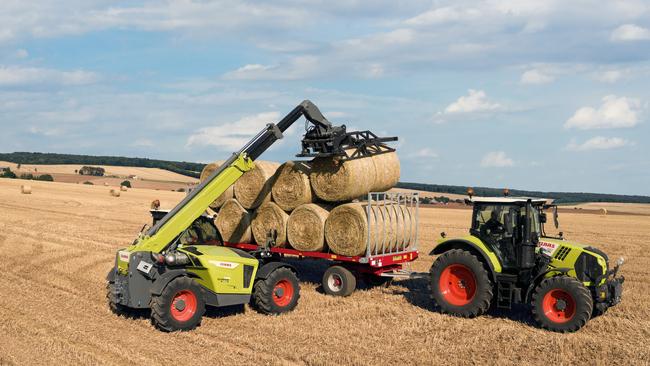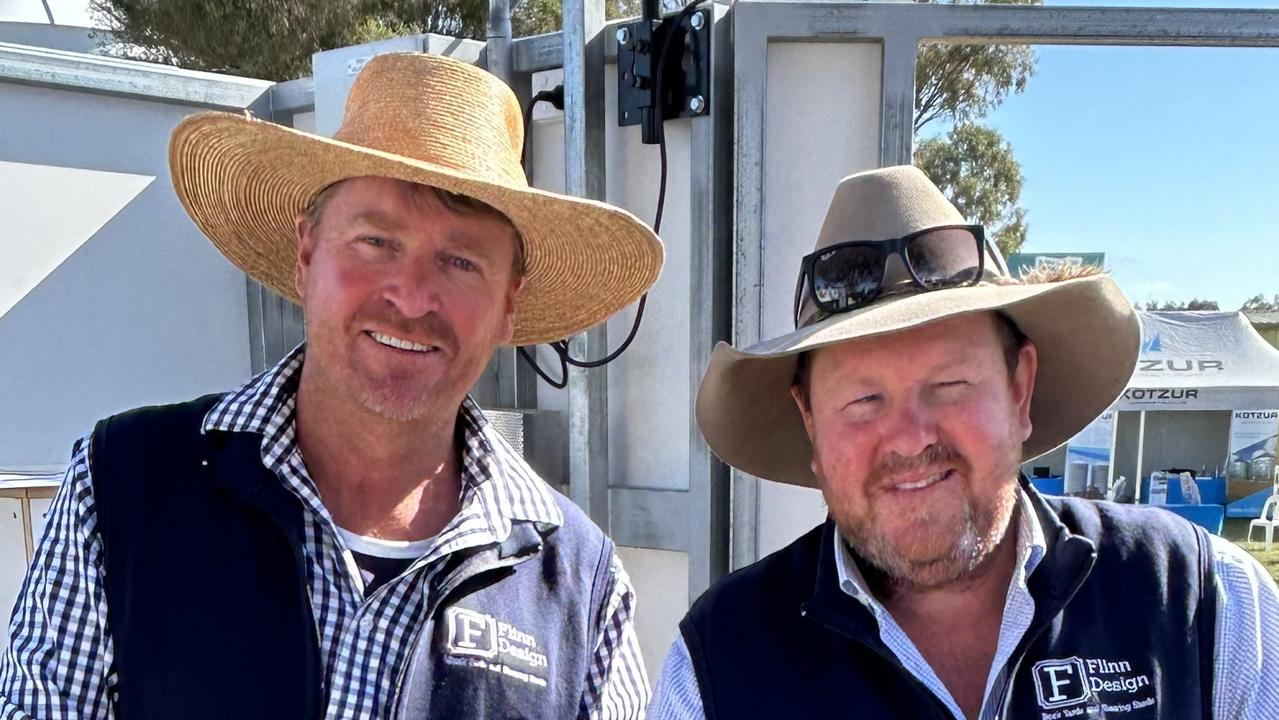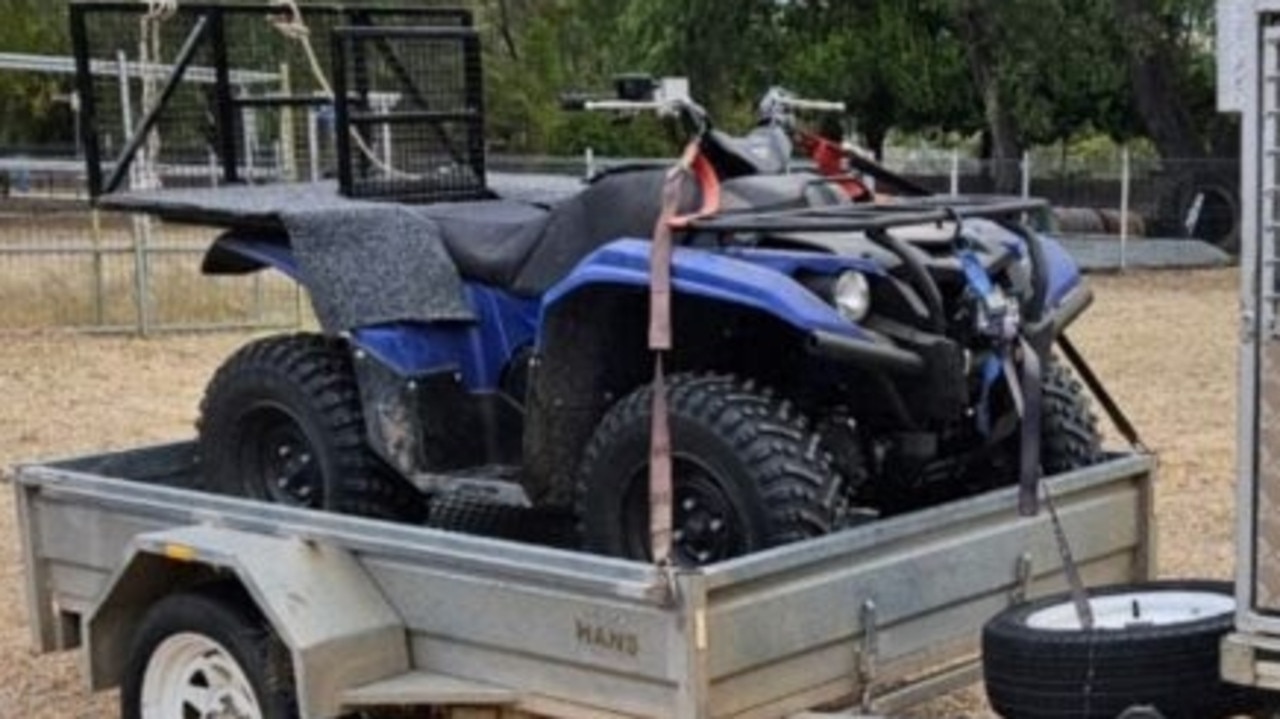Telehandler licences now required on Victorian farms
Farmers and workers operating telehandlers in Victoria need to be trained and licensed from July 1, but no organisations are ready to offer the training.
Farmers and workers operating telehandlers on Victorian farms will now need to be trained and licensed under a new rule from July 1.
Under the state’s new Occupational Health and Safety regulation anyone operating a non-skewing (non-rotating) telehandler with a capacity of more than three tonnes will need to undertake and pass a three-day training course to obtain what will be known as a TV licence.
The licence requirement is expected to affect most farms using telehandlers. Telehandlers which use a telescopic boom with bucket or grabbing attachments have become increasingly popular for a large variety of lifting and loading jobs on farms.
The new proposal comes after a safety review by WorkSafe Victoria found that telehandlers are high risk plant that require a certain level of competency and expertise to operate safely.
Tragically, two workers lost their lives while operating telehandlers in the past three years, WorkSafe said.
“We know telehandlers are increasingly being used in agriculture and, while they are useful additions to many farming businesses, they require the appropriate training and licensing to make sure they are operated safely,” WorkSafe Executive Director of Health and Safety Narelle Beer said.

Licences are already required for non-slewing mobile cranes and these will be valid for the new TV licence. The TV licence is not applicable for using a slewing (rotating) telehandler.
Registered training organisations will provide the training courses which are expected to be over three days but can be delivered on farm.
Victorian Farmers Federation Infrastructure and Transport Chair Ryan Milgate said they broadly supported the new training and licences but work still remained to ensure the mandatory training was accessible and affordable for Victorian farmers.
One major concern was there would not be enough time to get the large number of current operators trained and licensed in time for the July 1 start.
He said a specific, tailored training course for telehandlers used on farms, rather than the more intensive mobile crane course was a good outcome and would make operators safer but questions still remained over its cost and accessibility for farmers.
“There are no training organisations ready yet to do the course and it will take some time to get that up and running and there are lot of people to train.
“We are urging WorkSafe Victoria to move quickly to confirm the training providers and to ensure that the training can be delivered on farming properties across Victoria.”
“We do need some common sense about enforcement of the licence rules in the early days after July 1,” Mr Milgate said
“We also know that financial and time costs are major a barrier in getting farming businesses to meet compliance requirements. We want to make sure these are kept within realistic limits,” Mr Milgate said.
“Ideally we’d like to see the cost around the $1000 mark, bearing in mind farmers will still be paying the cost of themselves and their employees not working while training.




